GST savings festival begins tomorrow, double bonanza for middle class: PM Modi
Mon 22 Sep 2025, 00:28:05
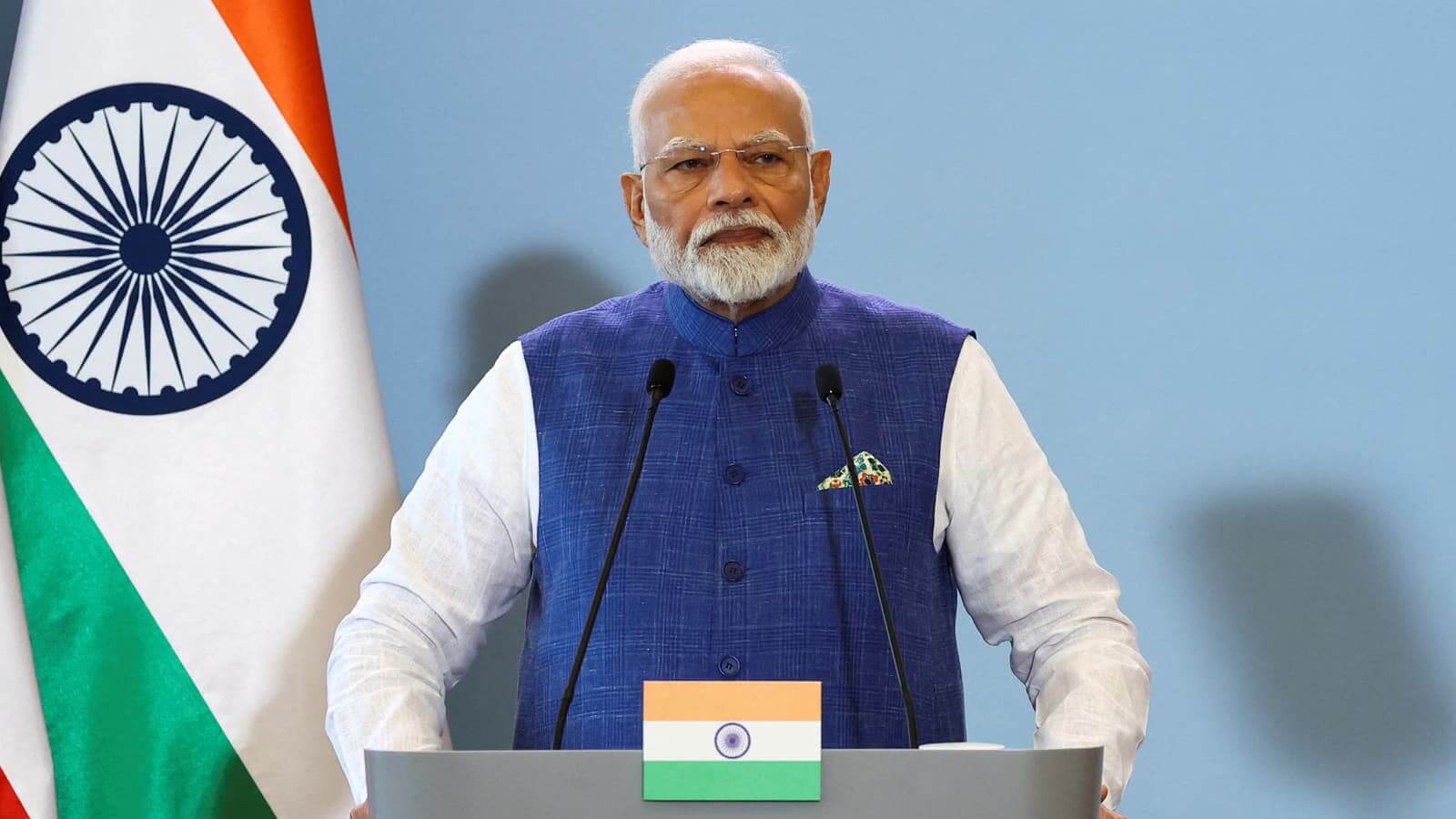
On the eve of Navratri, Prime Minister Narendra Modi addressed the nation, unveiling what he described as the dawn of a new economic chapter with the rollout of GST 2.0.
Calling it the beginning of a "Bachat Utsav", a festival of savings, the Prime Minister said the GST reforms would not only lighten the burden on households but also strengthen India's position as a magnet for investment, a haven for entrepreneurs, and a land where every state stands shoulder to shoulder in the race for development.
"From tomorrow, the nation will celebrate GST Bachat Utsav. Your savings will increase, and you will be able to buy your favourite things. This reform will benefit every section of society," PM Modi said in his address.
At the heart of the reform is a sweeping simplification of the Goods and Services Tax structure. The GST Council earlier this month approved a streamlined two-tier rate system of 5 per cent and 18 per cent, set to take effect from September 22, coinciding with the first day of Navratri.
Nearly 99 per cent of goods once taxed at 12 per cent will now fall under the 5 per cent bracket, while about 90 per cent of items earlier under the 28 per cent slab will move down to 18 per cent. A 40 per cent compensation cess will, however, continue to apply to luxury and sin goods.
The Prime Minister credited the combined efforts of the Centre and states for freeing the nation from the burden of a dozen different taxes and making the dream of "one nation, one tax" a reality.
He recalled how, before 2014, businesses and citizens alike were trapped in a maze of cascading levies that inflated costs and strained household budgets.
"At that time, millions of such companies, along with millions of countrymen, faced daily problems due to the maze of various taxes. The increased expenses incurred in transporting goods from one city to another were borne by the poor, and customers like you were charged. It was essential to free the country from this situation," he said.
PM Modi said the reforms would now serve as a "double bonanza" for the people, not only making
essentials cheaper but also putting more savings into the hands of households.
essentials cheaper but also putting more savings into the hands of households.
He linked the new GST with the Union Budget decision earlier this year to make income up to Rs 12 lakh tax-free, a move aimed squarely at easing the burden on India's growing middle class.
"When income tax relief up to Rs 12 lakh is granted, the lives of the middle class undergo a profound transformation, bringing about so much simplicity and convenience. Now, the poor, the neo-middle class, and the middle class are receiving a double bonanza. With the reduction in GST, it will be easier for the citizens of the country to fulfil their dreams," he said.
The Prime Minister pointed out that in the last eleven years, 25 crore Indians had emerged from poverty, forming what he described as a dynamic neo-middle class with aspirations of its own. He said the government's twin decisions, income tax relief and GST reforms, would together save the people of the country over Rs 2.5 lakh crore in a single year.
"We are moving forward by following the mantra of Nagrik Devo Bhava, and we can see its reflection in the next generation's GST reforms," he said, underscoring the citizen-first philosophy driving the government's economic policies.
By dismantling the cluttered tax regime, PM Modi asserted that GST 2.0 would make doing business easier, attract greater investment, and create a fairer marketplace.
"These reforms will accelerate India's growth story, simplify business, and ensure that every state becomes an equal partner in the journey of development," he said, casting the tax overhaul as both an economic necessity and a unifying national milestone.
Meanwhile, the BJP will launch a 7-day "GST Bachat Utsav" campaign from September 22 to 29 to highlight the benefits of GST and promote a festive atmosphere.
As part of the drive, party MPs and workers will hold padyatras in markets twice a day, meeting shopkeepers and offering flowers.
Boards with the slogan "Garv se Kaho Yah Swadeshi Hai" will be distributed to shopkeepers for display at their establishments.
No Comments For This Post, Be first to write a Comment.
Most viewed from National
Most viewed from World
AIMIM News
Latest Urdu News
Most Viewed
May 26, 2020
Can Lionel Messi's visit boost Indian football?
Latest Videos View All
Like Us
Home
About Us
Advertise With Us
All Polls
Epaper Archives
Privacy Policy
Contact Us
Download Etemaad App
© 2026 Etemaad Daily News, All Rights Reserved.

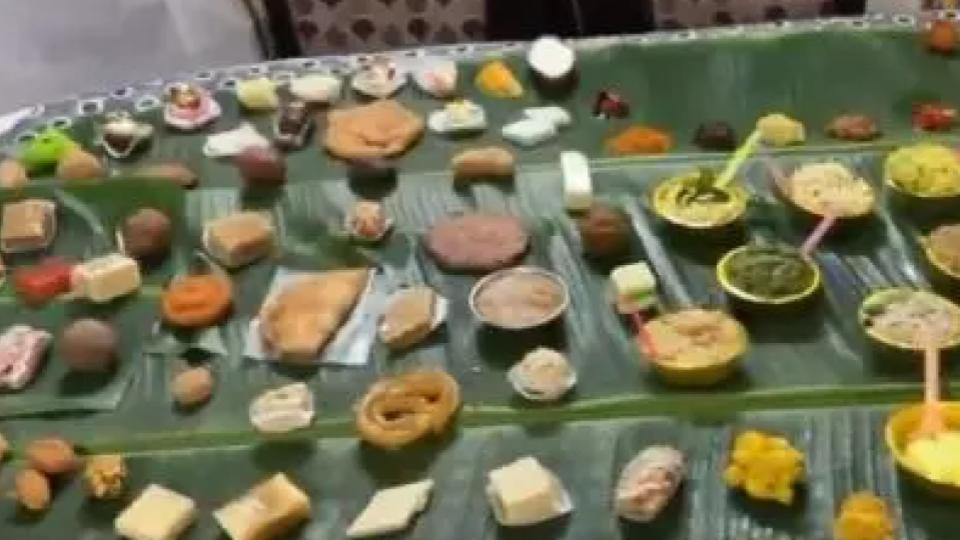



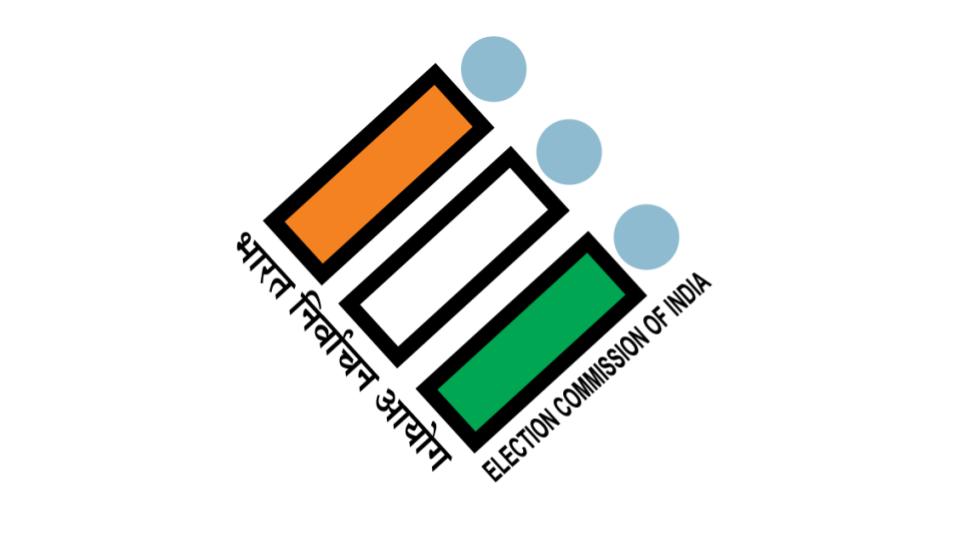
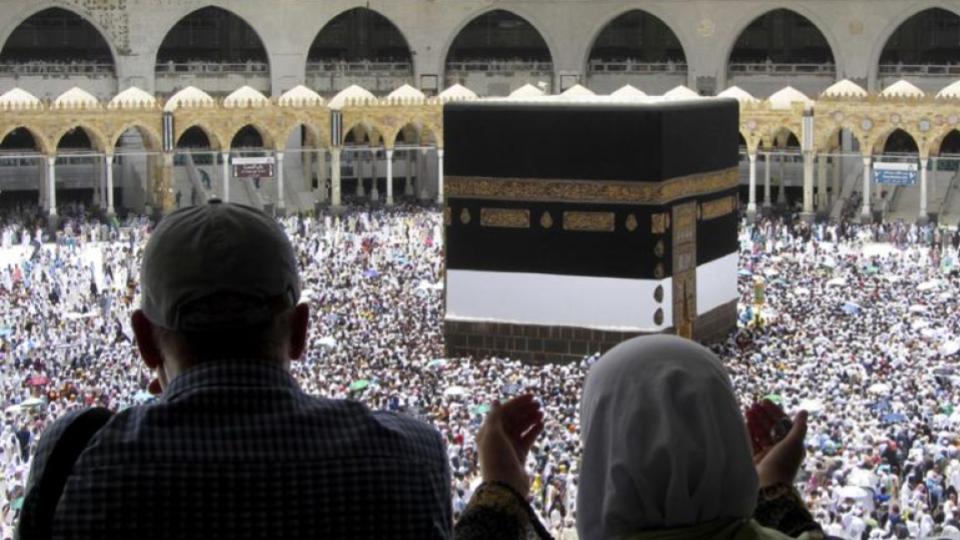

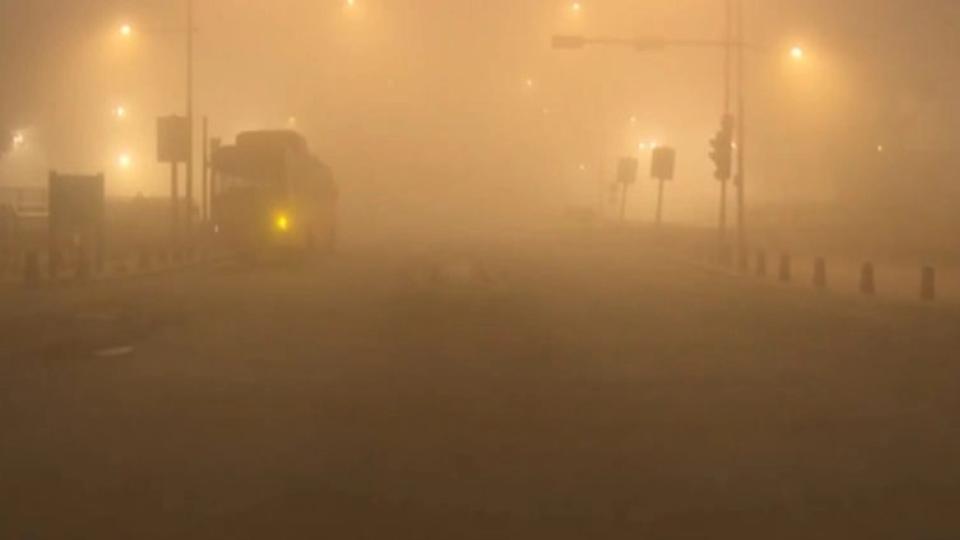
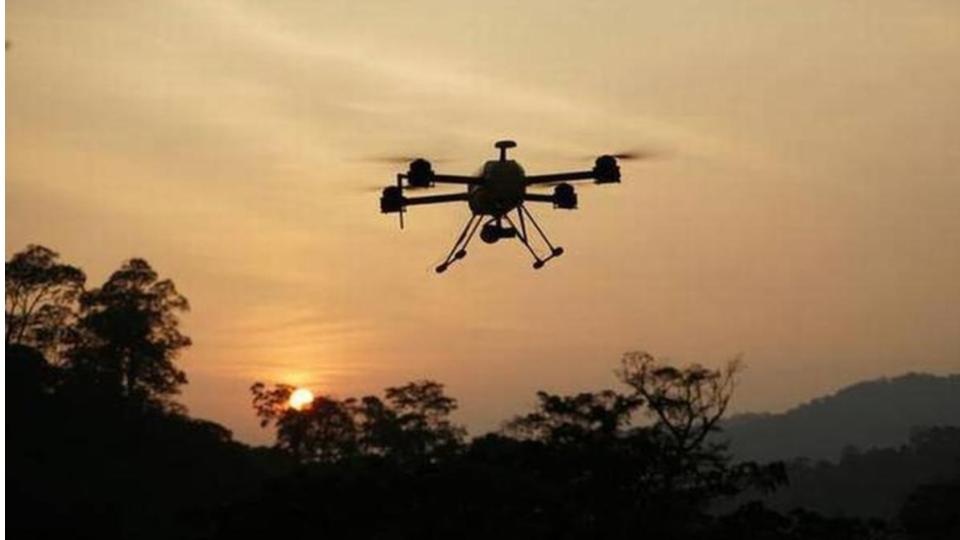


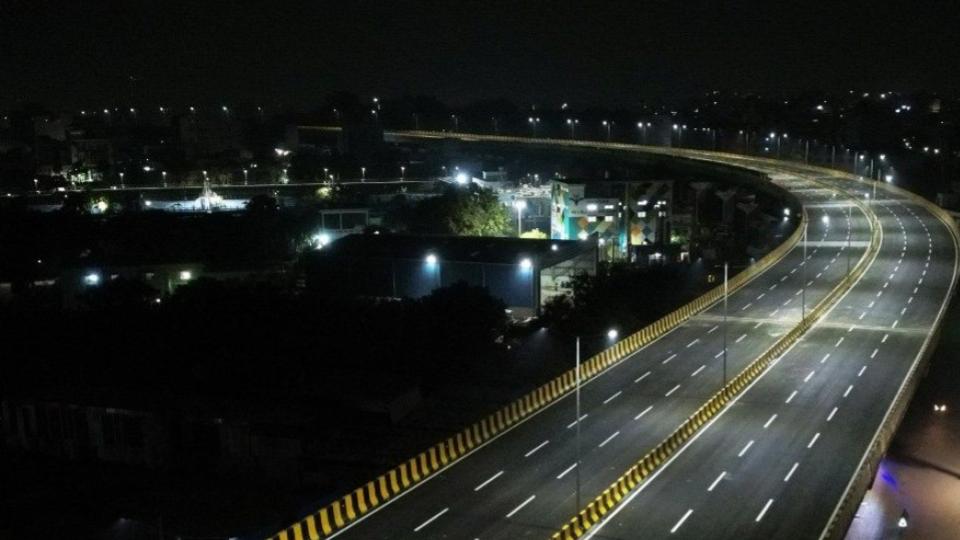

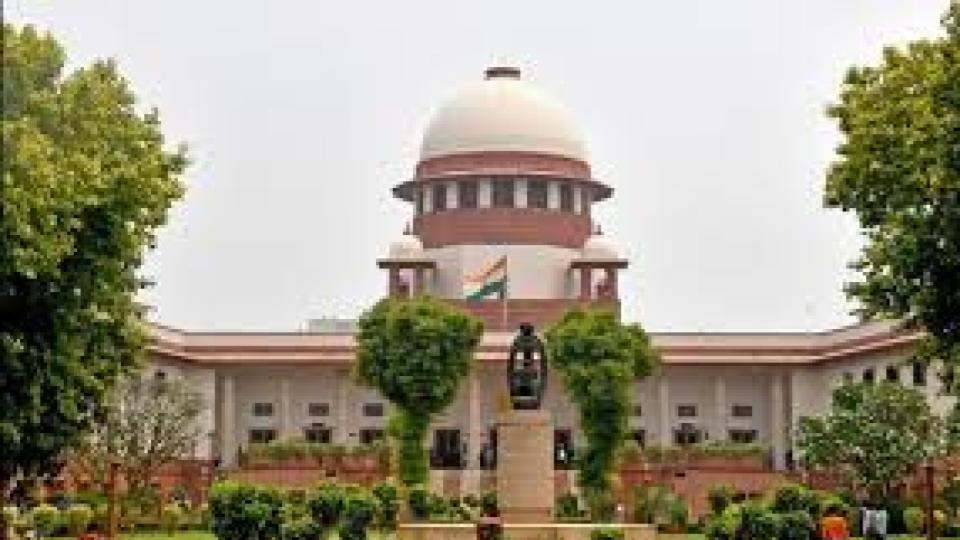
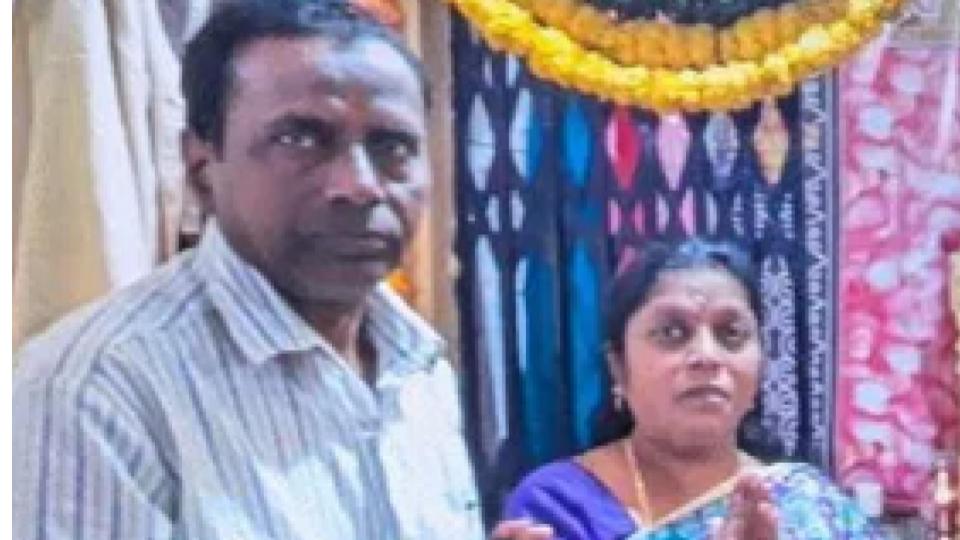

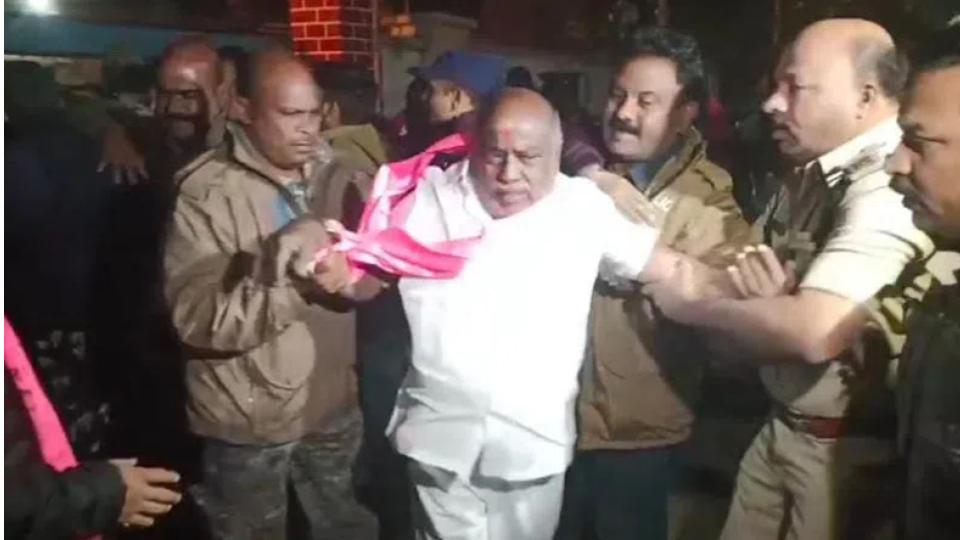
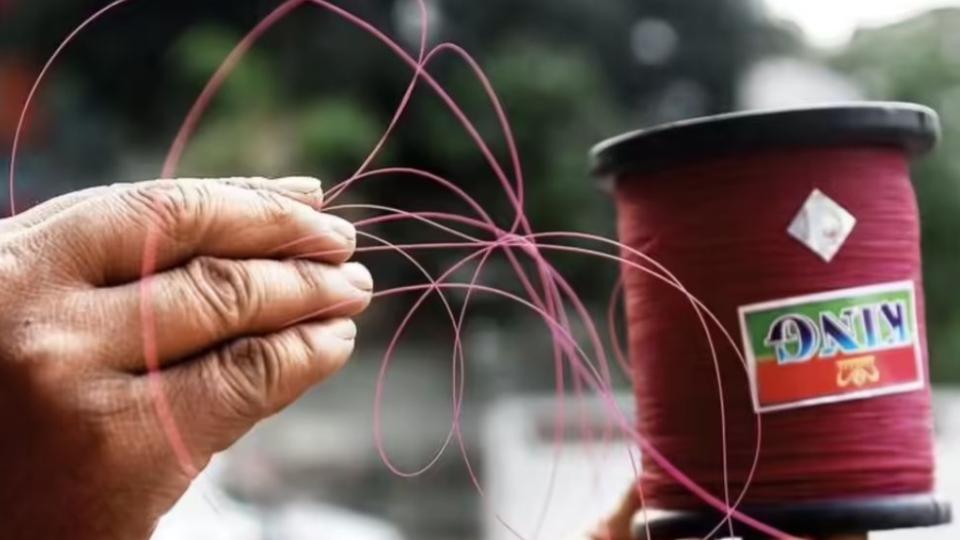

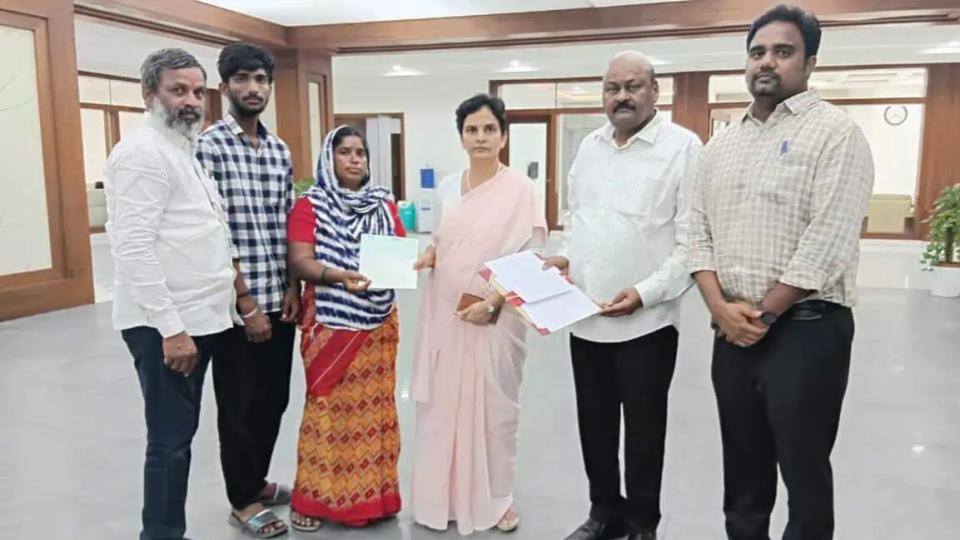
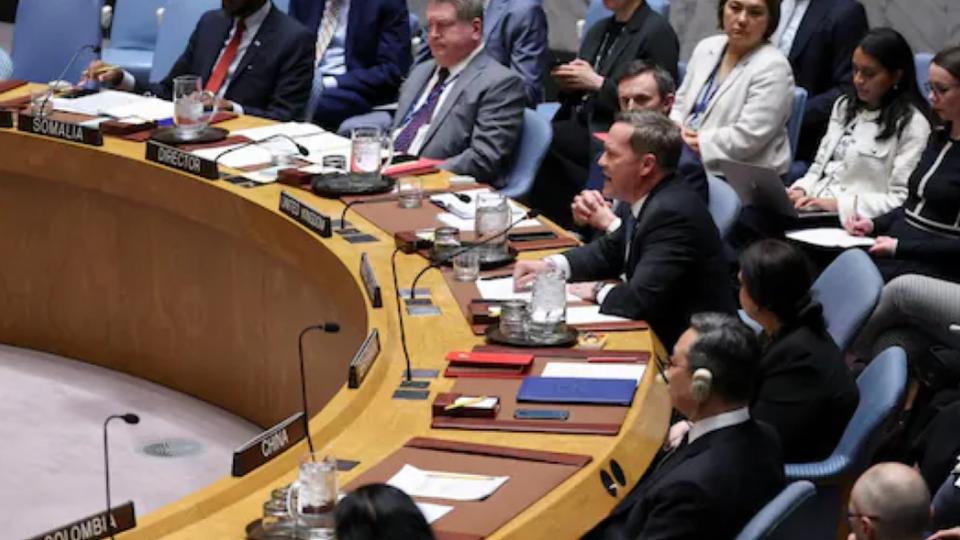
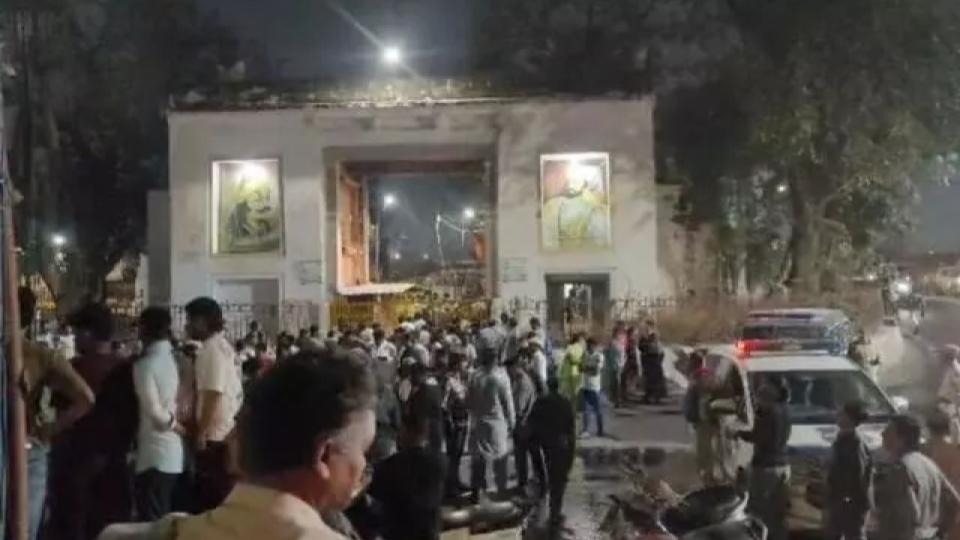
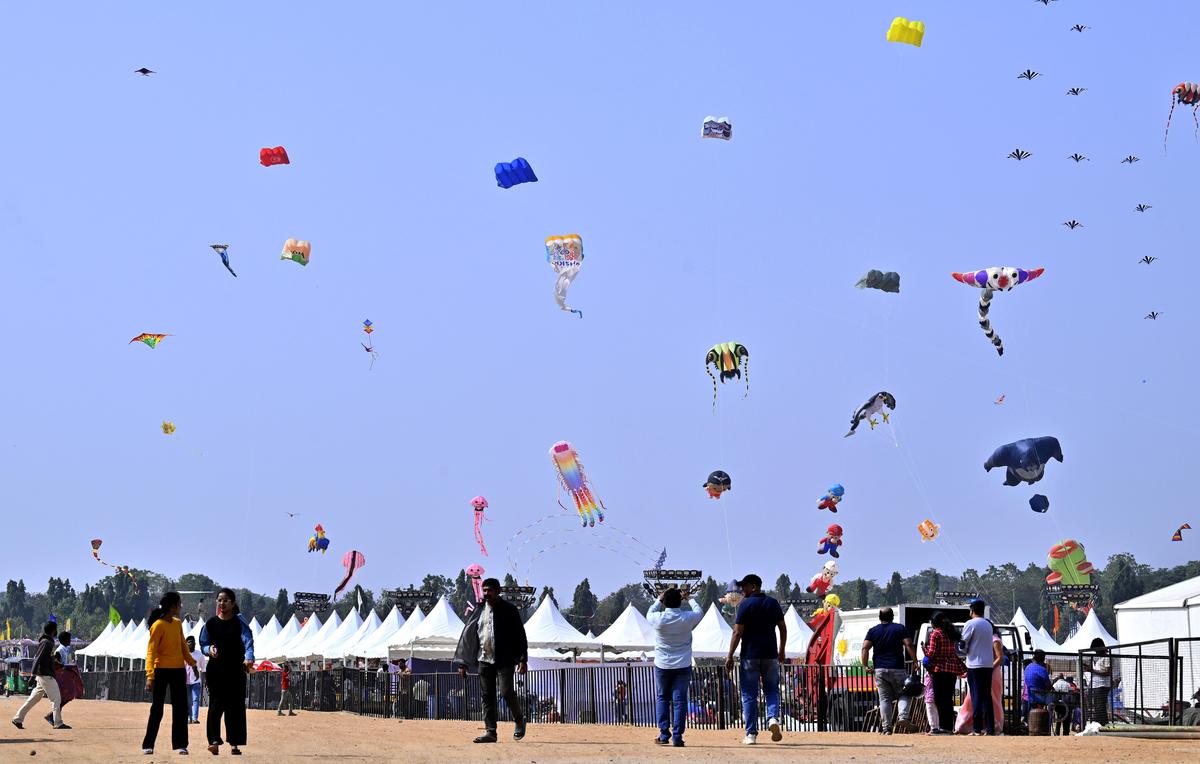

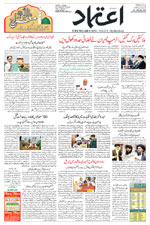










.jpg)
.jpg)
.jpg)


